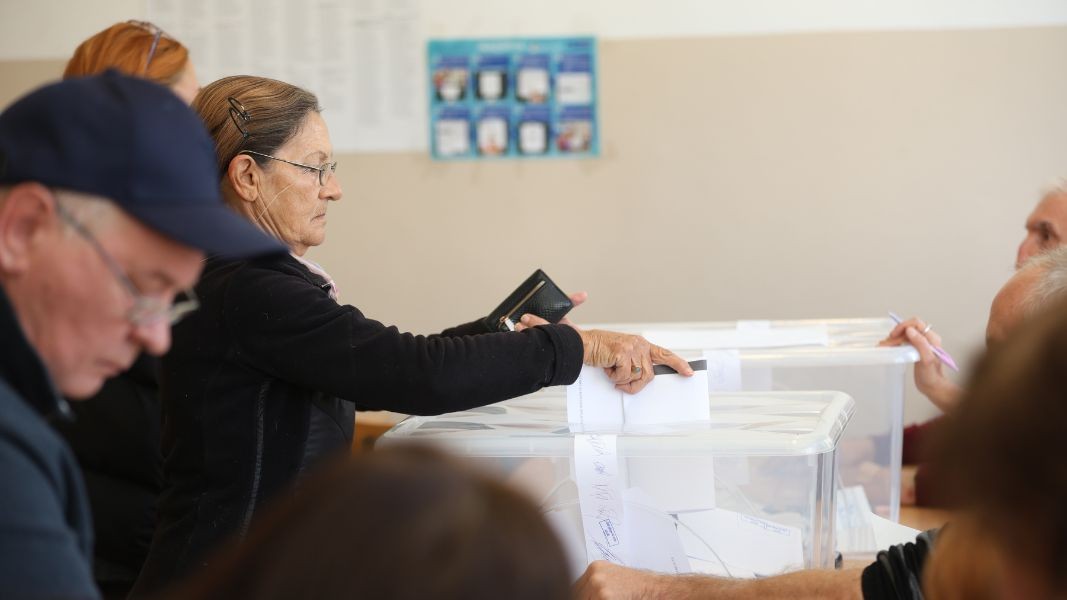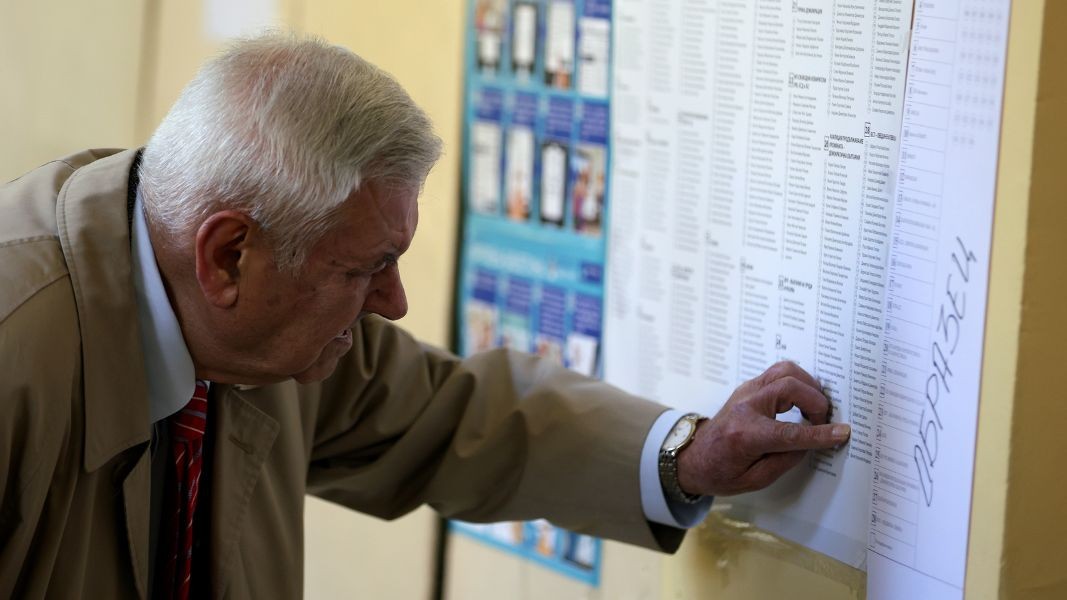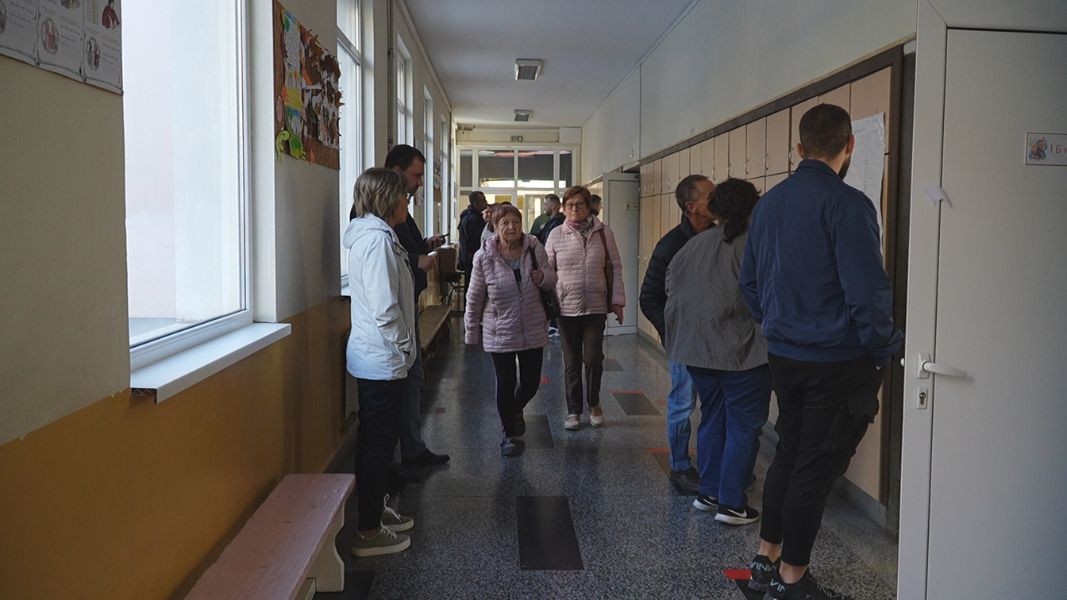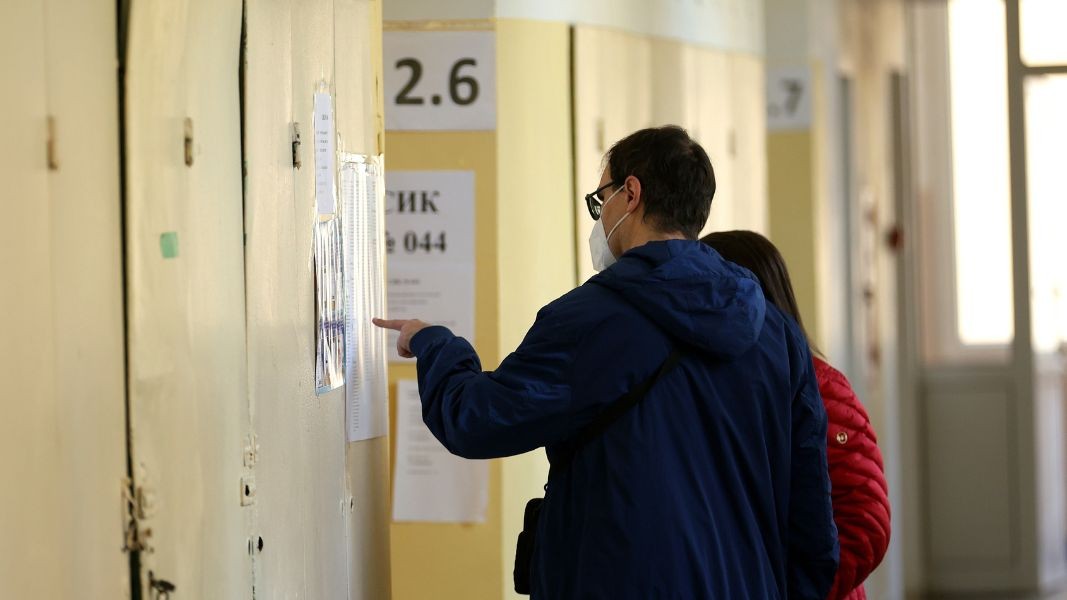





Bulgaria’s caretaker Foreign Minister Ivan Kondov and his Albanian counterpart Igli Hasani confirmed the firm commitment of the two countries to the accelerated construction of transport Corridor 8. Romania has asked to join the construction..
Winds of up to 120 kms. per hour inflicted damage in Vratsa, the biggest town in Bulgaria’s Northwest. Dozens of reports have come in of fallen trees and branches onto vehicles and roads, damaged equipment and torn overhead cables. There were..
A cold front will pass through the country overnight and tomorrow from the northwest . Rain will fall in many places in the western regions and the Danube Plain, and will quickly turn to snow in the high fields of western Bulgaria and the Balkan Range...
The MPs failed to elect a speaker also at their fourth attempt . Of the four candidates, Raya Nazaryan, nominated by GERB - SDS, and Silvi Kirilov -..
Bulgaria has become the first in the EU to have a high-tech artificial intelligence in its own language , created by a state-funded scientific..
A cold front will pass through the country overnight and tomorrow from the northwest . Rain will fall in many places in the western regions and the Danube..

+359 2 9336 661
